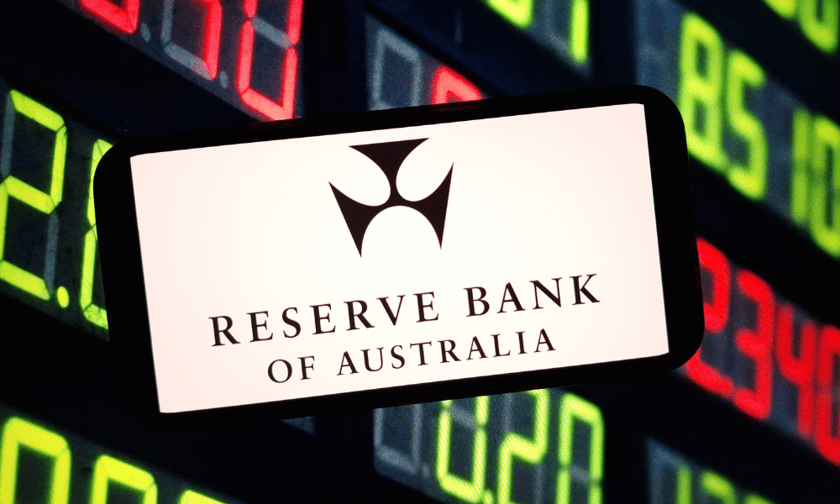

The Reserve Bank of Australia (RBA) revealed its decision to hold the official cash rate (OCR) at 4.10% on Tuesday, causing both the Australian Stock Exchange and mortgage holders' hopes of added relief to plunge following the announcement.
At a press conference Tuesday afternoon, RBA Governor Michele Bullock said the main reason for the central bank's decision to maintain the current rate was because Australia is approaching "a period of uncertainty."
"One of the things that we're cautious about is that policy unpredictability overseas could lead to slower growth. The implications for inflation, here in Australia, are less clear," Bullock told reporters. "The recent commentary from the [US] Federal Reserve and other central banks is worth noting. They're all conscious of the impact on global growth. But uncertain about the medium-term inflation implications. We're not on our own in navigating this period of unpredictability."
In a statement released Tuesday by the RBA, the bank added that uncertainty lingers around the international outlook, particularly with US President Donald Trump's sweeping tariffs, which are "having an impact on confidence globally. And this would likely be amplified if the scope of tariffs widens, or other countries take retaliatory measures. Geopolitical uncertainties are also pronounced. These developments are expected to have an adverse effect on global activity, particularly if households and firms delay expenditures, pending greater clarity on the outlook."
The RBA last cut the OCR at its February meeting — by 25 basis points, down from 4.35% — the first rate cut since November 2023. A wave of optimism quickly flooded the market, with the expectation that more rate cuts were coming later in 2025.
But before the OCR goes on the chopping block again, the RBA previously said it is targeting a midpoint inflation rate of 2.5%.
During Tuesday's meeting, Bullock said inflation — which fell to 2.7% during the February Consumer Price Index (CPI) reading, down from 2.8% in the last quarterly reading — and the nation's unemployment rates appear to be under control.
"Since the February meeting, the domestic economy has evolved broadly as expected," she said. "The board's strategy is to bring inflation down and avoid a big increase in unemployment. And with low unemployment and inflation tracking down, we are well positioned for any shocks that might come our way.
"But we have to be careful not to get ahead of ourselves. Inflation pressures remain and cost of living pressures are still very real for many Australians.”
While the decision to maintain the current cash rate was widely expected by market participants, including all four of Australia's Big Four banks, it still means mortgage holders and investors will have to wait until the central bank's May 19 to 20 meeting for the possibility of further rate relief.
Anthony Waldron, chief executive officer of Australian brokerage giant Mortgage Choice, said the RBA's decision "reflects the consistently cautious tone from board members. While I expect we’ll see another cut to the cash rate this year, the RBA will want to see the impact of the February rate cut flow through to the economy before making another change.
"The February rate cut encouraged borrowers around the country to review their home loans," Waldron said. "We saw an uptick in the number of borrowers looking to refinance over March, with the proportion of Mortgage Choice loan submissions for refinance rising month on month."
Simon Bednar, chief executive officer of aggregator group Finsure, which is part of the MA Financial family, agreed that the decision to hold was no surprise.
"On the back of a big spending federal budget and in the midst of a closely fought federal election campaign, the RBA has good reason to hold fire this month," he said.
Issac Gross, a lecturer of economics at Melbourne-based Monash Business School, said the bank likely held rates as it waits to access the upcoming quarterly CPI data.
"January's inflation numbers were very low and if that were to be repeated in April's numbers, [then] interest rate cuts would follow quickly," Gross said. "However, the RBA is [likely] still concerned that it might have been a one-off result.
“The big elephant in the room is Trump's tariffs due to be announced this week," Gross said. "Nobody knows how big they will be, who they will target and if other countries will retaliate."
